As kitchen professionals, we often take our culinary tools for granted. One indispensable item in many kitchens is the trusty wok, perfect for stir-frying, steaming, and general cooking versatility. However, there are occasions when you might encounter an unexpected problem: why is my wok smoking? Understanding the reasons behind this can not only improve your cooking game but also ensure the longevity of your cookware.
In this article, well delve deep into the factors that can cause your wok to smoke, alongside actionable solutions you can implement today. Whether you are a seasoned chef or a cooking enthusiast, being informed will allow you to use this versatile tool more effectively.

Understanding Wok Smoking: The Basics
The first step in addressing the smoking issue is understanding what occurs inside the wok when it heats up. Typically, a wok should be heated to a smoking point to achieve that signature seared flavor in your dishes. However, persistent smoking indicates underlying issues that need to be addressed.
Common Causes of Wok Smoking
When faced with the dilemma of why is my wok smoking, it is essential to analyze the possible culprits:
- Improper Seasoning: Failing to season your wok correctly can lead to residual residue on the surface. An unseasoned wok will be prone to smoking as it heats.
- High Temperature: While high heat is often necessary for wok cooking, excessively high temperatures can lead to smoking, especially if combined with oils that have low smoke points.
- Dirty Wok Surface: Food particles and grease left on the wok can cause it to smoke. Regular cleaning is critical to prevent this.
- Type of Oil Used: Certain oils, such as olive oil, have lower smoke points compared to oils like peanut or canola oil, which are preferred for high-heat cooking.
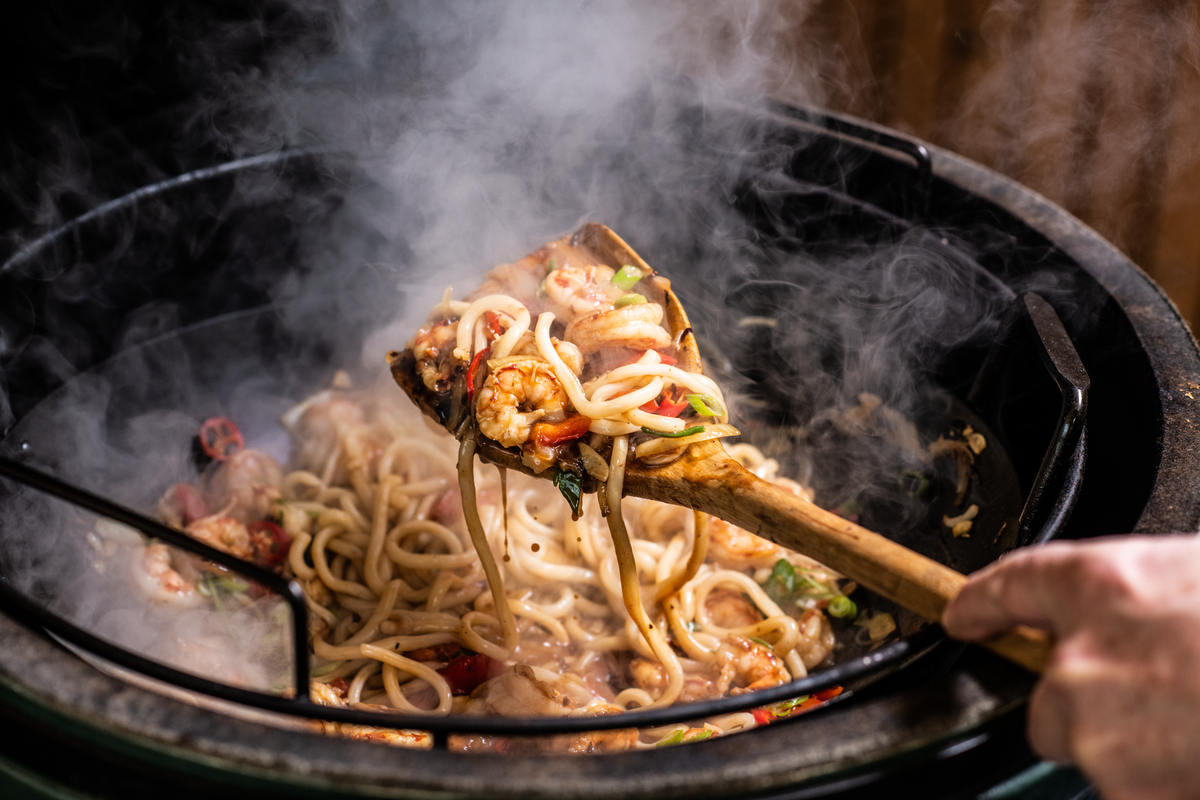
How to Prevent Wok Smoking
Now that we have examined the causes, lets focus on how to prevent a smoking wok. These practical tips can make a big difference:
1. Seasoning Your Wok Correctly
Proper seasoning is key for making your wok non-stick and enhancing its flavor. For more details on how to season your new wok, visit How to Cure a New Wok.
2. Control Your Cooking Temperature
Finding the right balance in temperature is essential. Remember, a sizzling sound often indicates the right heat for stir-frying. If you notice excessive smoke, consider lowering the heat slightly.
3. Clean Thoroughly
A clean wok is a happy wok. Always ensure that the surface is free from food residue. Regularly wash your wok using mild soap and a soft scrubber. For essential cleaning tips, check out How to Prep a New Wok.
4. Choose the Right Oil
Select oils with a high smoke point. Peanut oil and canola oil are popular choices among professionals. Avoid using oil that has been previously heated multiple times, as this can lead to off-flavors and additional smoking.
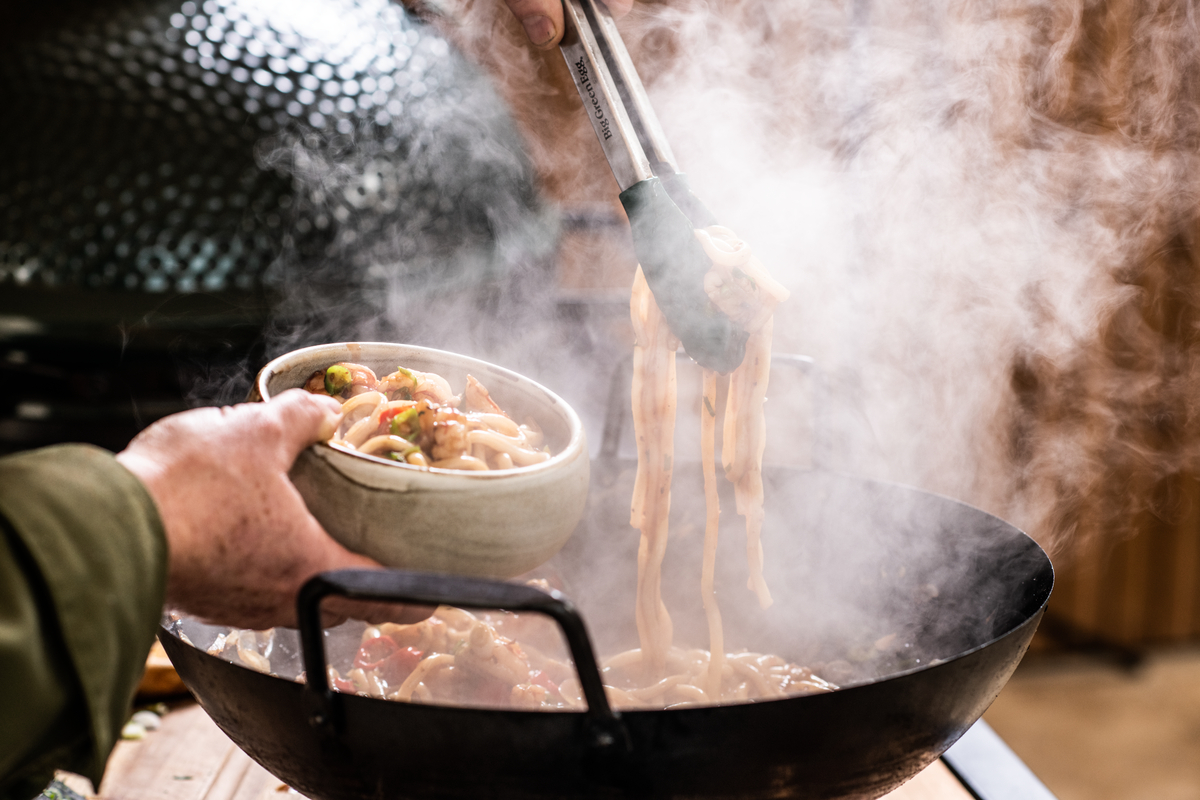
When Should You Worry About Wok Smoking?
While smoke is a common occurrence during high-heat cooking, you should take note when it becomes excessive. If your wok produces continuous smoke, regardless of precautions, it may be wise to stop cooking immediately and check for:
- Signs of wear and tear on the wok's surface
- Possible overheating of the wok
- Leftover food that may be burning
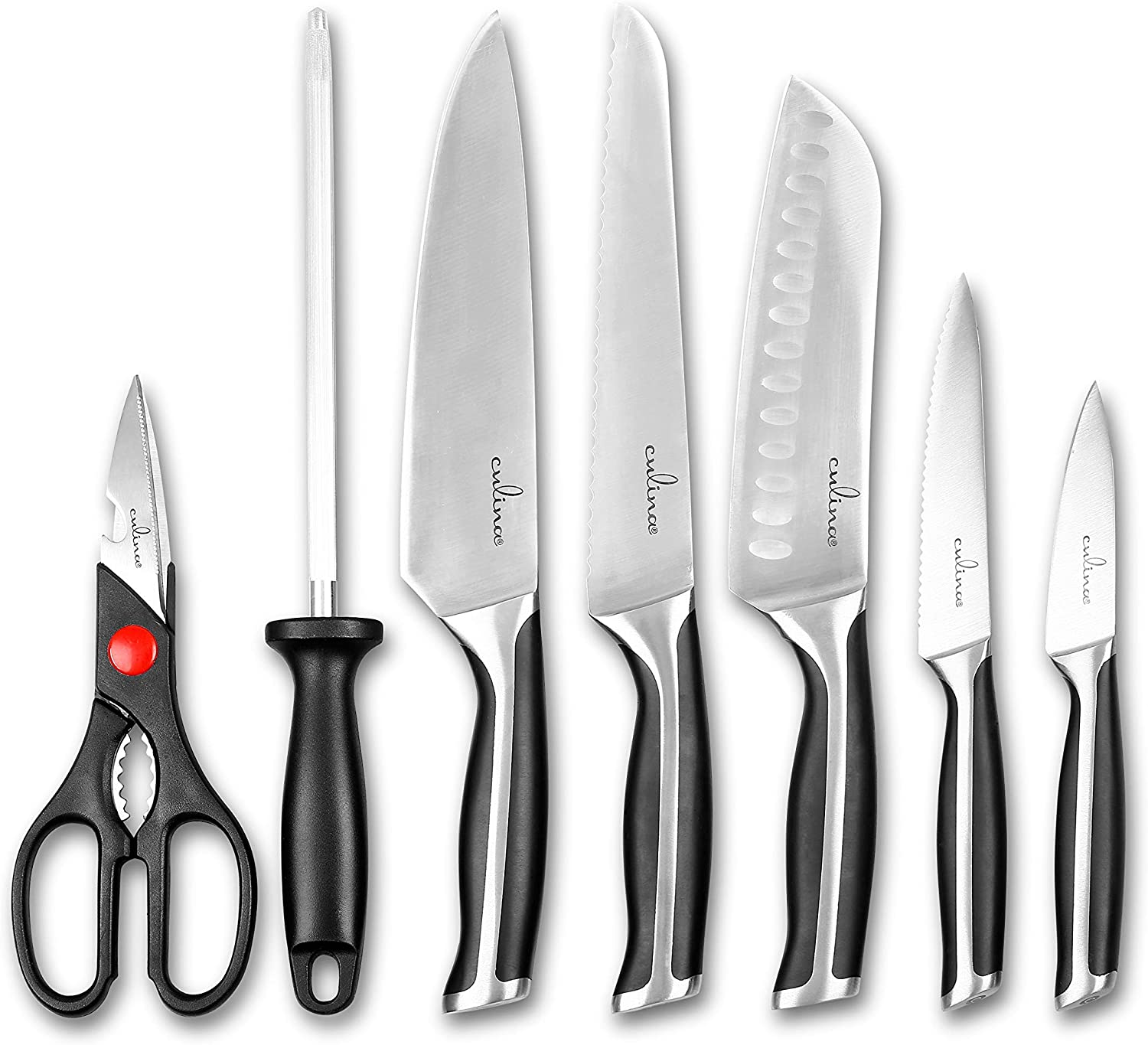
Conclusion
Being aware of the reasons behind why is my wok smoking can help you adjust your cooking methods for optimal results. With the right seasoning, temperature control, and maintenance practices, you can enjoy delicious meals without worrying about unnecessary smoke.
For more ideas on cooking with a wok, check out How to Cook with a Wok.
Frequently Asked Questions
1. Is smoke from cooking with a wok harmful?
While smoke itself is not directly harmful, inhaling prolonged smoke can be irritating. It is advisable to use ventilation.
2. Can I use my wok on an induction cooktop?
Yes, as long as your wok is flat-bottomed and specifically designed for induction cooking.
3. Should I oil my wok before every use?
It is generally a good practice to apply a small amount of oil before each use. However, too much oil can lead to smoking.
As an Amazon Associate, I earn from qualifying purchases.

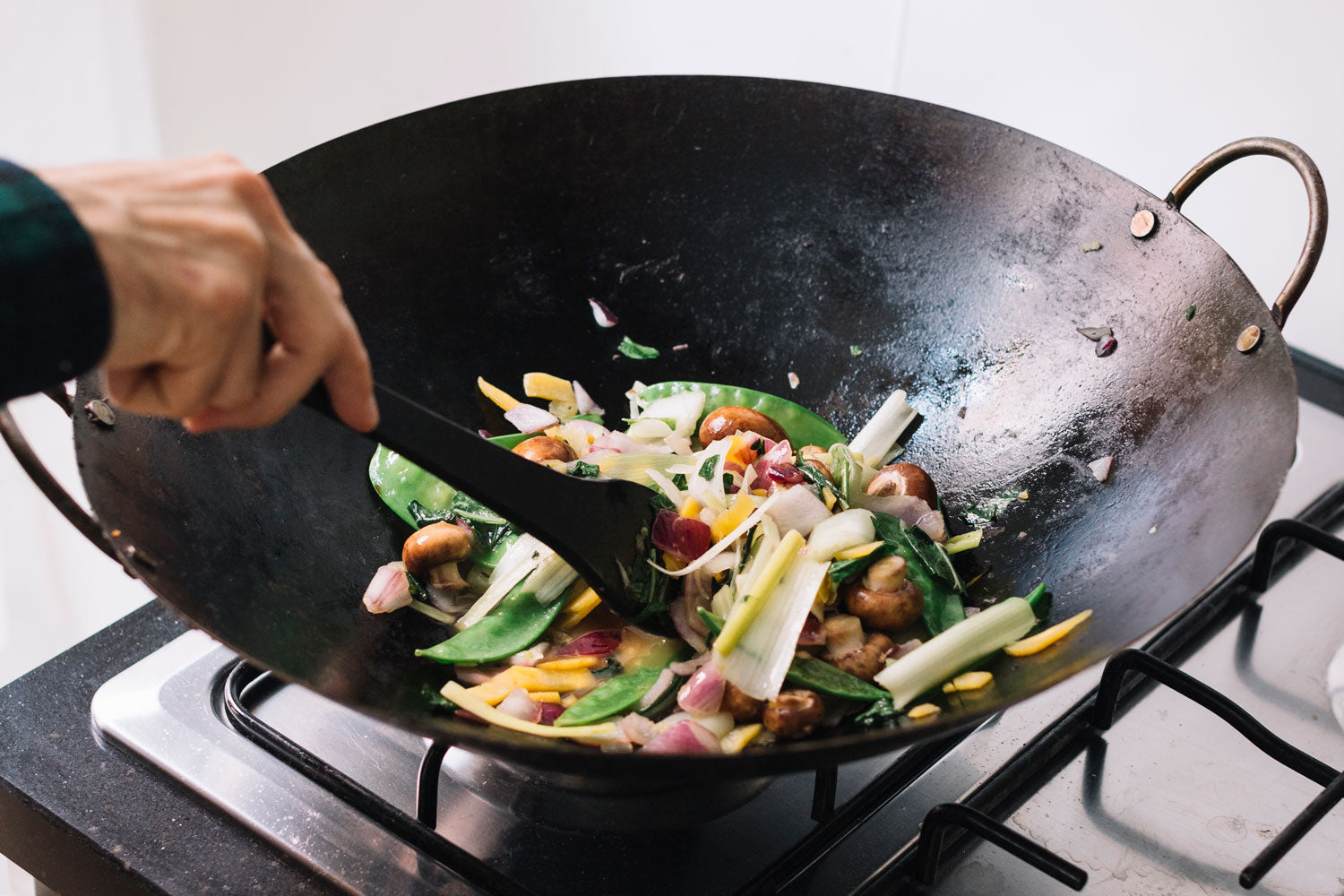


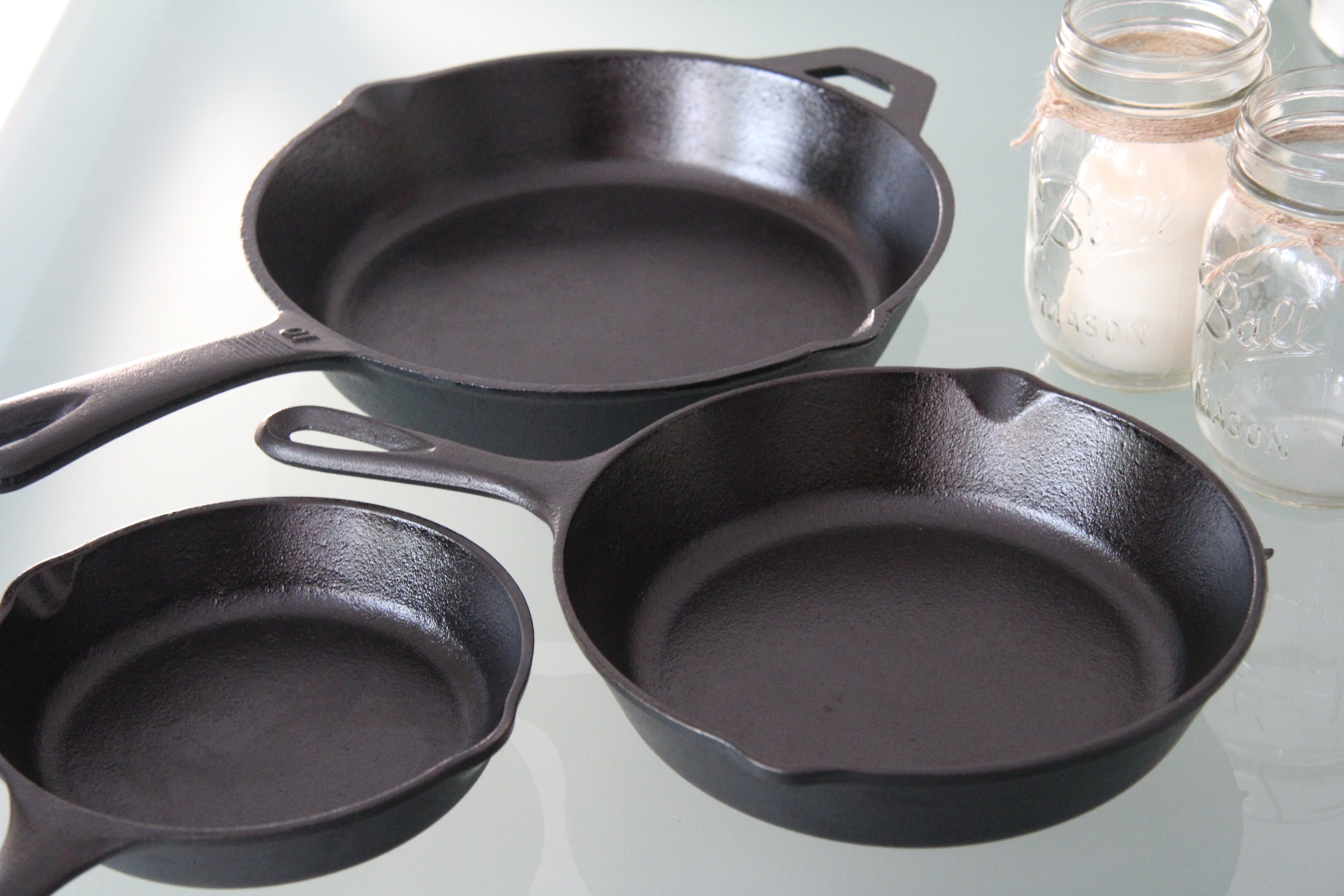
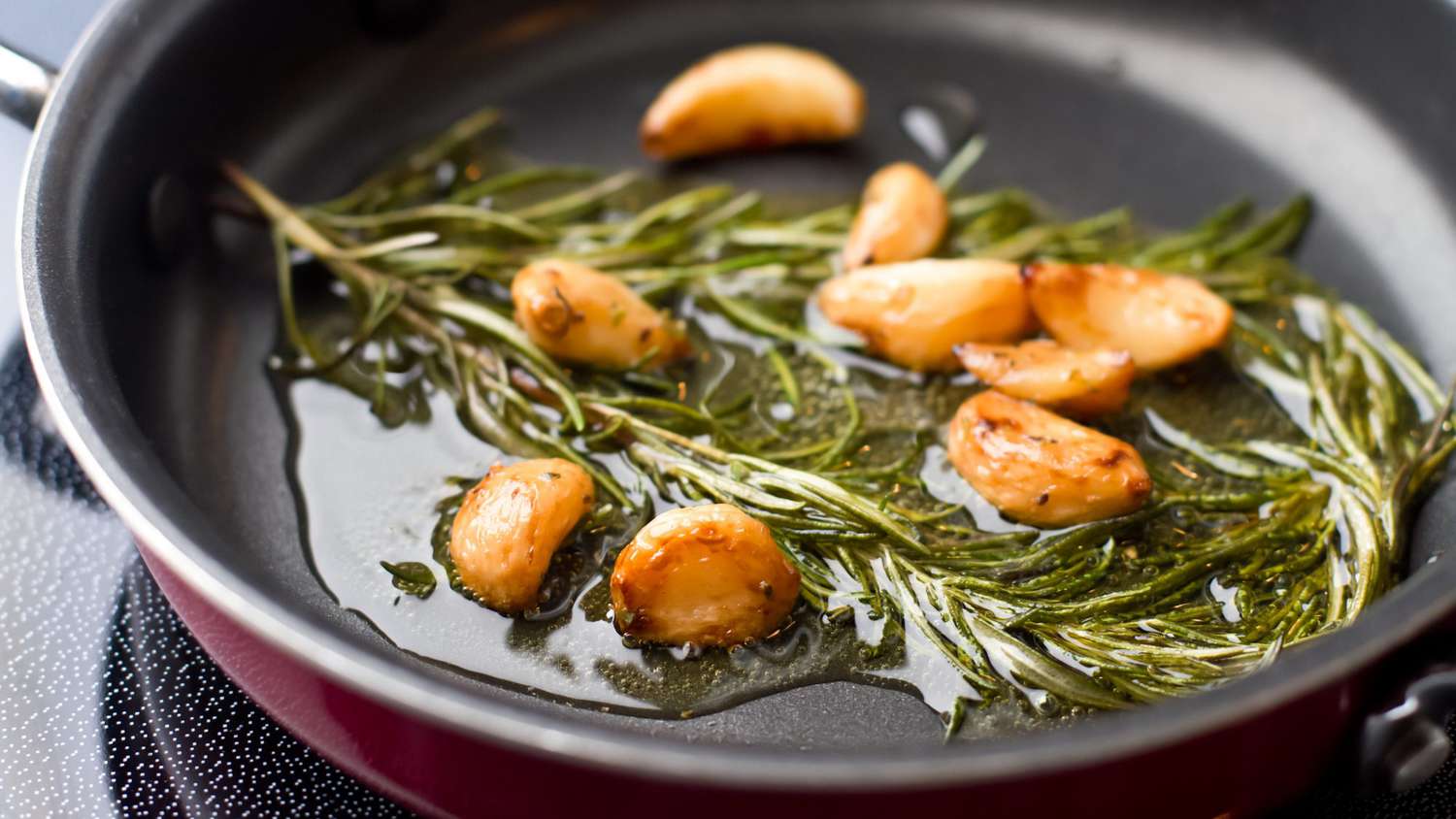
Leave a comment
This site is protected by hCaptcha and the hCaptcha Privacy Policy and Terms of Service apply.